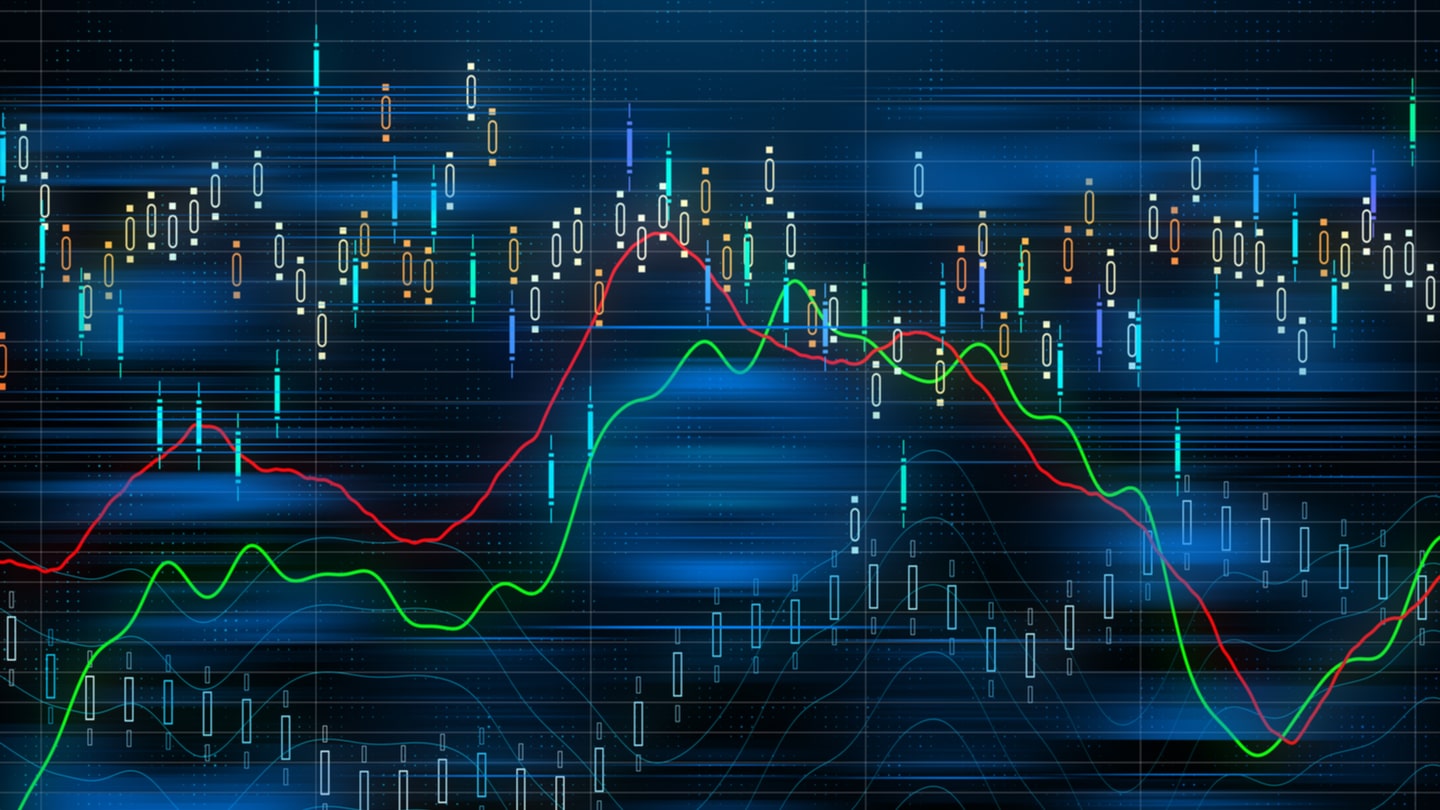Introduction
The world of financial trading offers a plethora of opportunities for investors and traders alike. Three of the most popular markets are forex trading, stock trading, and MCX trading. In this comprehensive guide, we will delve into each of these markets, exploring their key similarities, differences, and potential benefits to help you make informed trading decisions.

Image: imagens1280.blogspot.com
What is Forex Trading?
Forex, an abbreviation for Foreign Exchange, is the decentralized global marketplace where currencies are traded. In this market, traders buy and sell different currencies, speculating on the fluctuations in their exchange rates, with the goal of earning profits from these changes. Forex trading is typically conducted on a decentralized over-the-counter (OTC) platform, meaning that all transactions take place directly between market participants without a central exchange.
What is Stock Trading?
Stock trading involves buying and selling shares of ownership in publicly listed companies. When you purchase a share, you become a partial owner of the company, with the potential to share in its profits through dividends and capital appreciation. Stock trading is typically conducted on centralized exchanges, where buyers and sellers can match their orders through electronic systems.
What is MCX Trading?
MCX, short for Multi Commodity Exchange of India, is a national-level commodity exchange in India where futures and options contracts on commodities, currency, and bullion are traded. MCX trading allows participants to hedge against price risks or speculate on the future price movements of underlying assets, diversifying their portfolios.

Image: www.vstradingsystem.com
Similarities between Forex, Stock, and MCX Trading
⦁ Speculative Nature: All three markets involve speculation on price movements, with the primary goal of generating profits.
⦁ Leverage: Leverage is commonly used in forex, stock, and MCX trading, allowing traders to amplify their potential gains (and losses).
⦁ Risk Management: Effective risk management practices, such as stop-loss orders and position sizing, are crucial in all three markets to mitigate potential losses.
Differences between Forex, Stock, and MCX Trading
1. Underlying Assets:
Forex Trading: Currencies
Stock Trading: Shares of publicly listed companies
MCX Trading: Commodities, currencies, and bullion
2. Trading Platform:
Forex Trading: Decentralized OTC platforms
Stock Trading: Centralized exchanges
MCX Trading: Centralized commodity exchange (MCX)
3. Market Volatility:
Forex Trading: Currencies typically exhibit lower volatility than stocks or commodities.
Stock Trading: Stock prices can be highly volatile, influenced by various factors such as market news and company performance.
MCX Trading: Commodities can be very volatile, particularly during periods of economic uncertainty or supply disruptions.
4. Liquidity:
Forex Trading: The forex market is the most liquid financial market with trillions of dollars traded daily, offering traders instant execution and tight spreads.
Stock Trading: Stock markets vary in liquidity, with major exchanges providing higher levels of liquidity than smaller exchanges.
MCX Trading: MCX offers decent liquidity for major commodities, but may have lower liquidity for less traded assets.
5. Market Hours:
Forex Trading: The forex market is open 24 hours a day, from Sunday evening to Friday evening.
Stock Trading: Stock exchanges have set trading hours, typically during weekdays.
MCX Trading: MCX has specific trading hours for different products, usually during Indian market hours.
Benefits of Forex, Stock, and MCX Trading
1. Diversification: Trading in multiple markets allows investors to diversify their portfolios, reducing the overall risk by spreading their investments across different asset classes.
2. High Return Potential: Each of these markets offers the potential for high returns on investment, although it’s important to note that they also carry varying degrees of risk.
3. Flexibility: Forex, stock, and MCX trading provide flexibility in terms of trading styles, allowing traders to choose the strategy that aligns with their risk tolerance and capital.
4. Access to Global Markets: Forex trading provides access to global markets, while MCX trading enables exposure to international commodity prices.
Forex Trading Or Stock Trading Or Mcx Wiki
Conclusion
Forex trading, stock trading, and MCX trading offer unique opportunities for investors and traders with varying risk appetites, trading horizons, and investment objectives. Understanding the key similarities and differences outlined in this guide will empower you to make informed decisions about which markets align best with your financial goals and risk profile. Whether you’re a seasoned trader or just starting your journey in the financial markets, each of these trading avenues has the potential to unlock significant investment opportunities when approached






